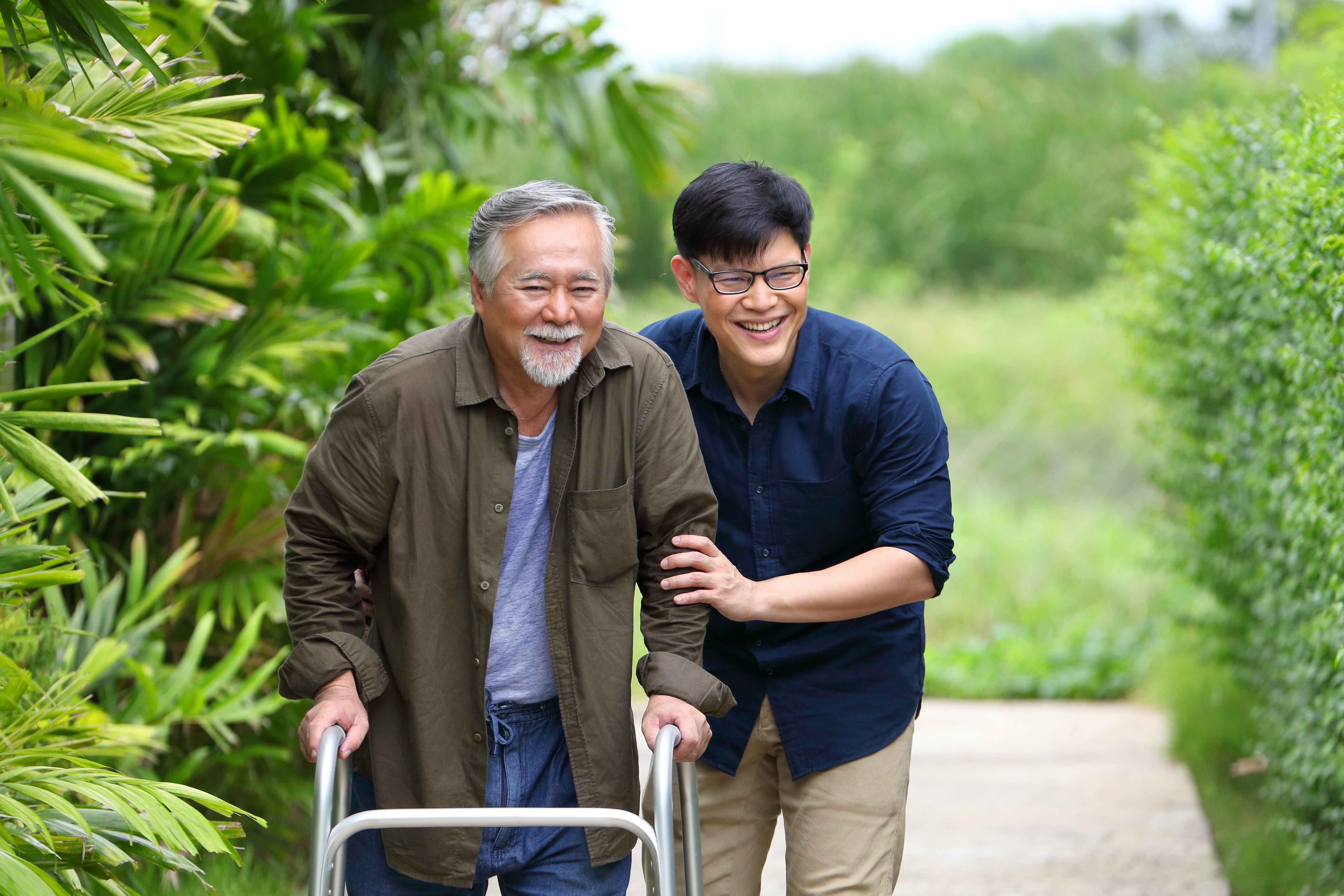The Second Pillar for Aging Services Workforce Retention: Non-Traditional Pathways for Growth and Advancement


This is the second installment in a three-part series addressing retention strategies for aging services providers.
The first installment calls for Aging Services providers to take a closer look at the state of their organizational recruitment and retention "temperature" and assess for opportunities to develop targeted strategies for improvement. A Leadership Temperature Tool was offered as a resource for an objective assessment process.
The second pillar is to lean in and get creative about building non-traditional pathways for skill development, growth and retention. One organization that has identified this as a key priority is The Moving Forward Nursing Home Quality Coalition. The coalition is backed by founding organizations LeadingAge, The John A Hartford Foundation, Institute for Healthcare Improvement, and The Johns Hopkins School of Nursing.
When asked what it would take for an employer to hire them back if they chose to quit, 40% of CNA respondents indicated better training opportunities (NAHCA).
Moving Forward Nursing Home Quality Coalition website
Traditional clinical career pathways may not be accessible or even desired for nursing assistants, LPNs or RNs, and the same goes for non-clinical workers such as activity workers, housekeepers, admissions, marketing and others. This reality calls for aging services providers to think creatively!
Non-Traditional Growth Pathways
What do elders who rely on care from others actually need? Certainly, skilled practitioners who can assess, diagnose and implement treatment plans are critically important; however, competent medical care is only one piece of the quality of life and care equation. This is where non-clinical workers enter the picture and equipping them with education and training that advance their competency and grow skills is where we can nurture a sustainable workforce and advance the quality of the total care environment.
Quality training that provides more than the "basics" is a great start. Training should address the needs of the modern learner, be engaging, and not an information dump. Caregivers need tools to address the pressing issues of understanding and responding to the needs of their care partners. Communication skills training is critically important yet often overlooked. Caregivers want to deserve to receive training that will help them be better at their jobs, alleviate their stress and empower them with skills that will make a positive difference in the lives of their care partners and themselves.
Career ladders need to include a defined step-up plan that workers can embrace. Pay increase, certificates, titles, additional responsibilities and coach/mentoring roles are some of the ways that direct care workers can feel rewarded and valued by their employers, while offering them opportunities to move into other positions.
Dementia Coach
The aging population demands that we prepare more people to deeply understand and promote care practices that promote the highest quality of life possible for individuals living with cognitive impairment.
Creating a pathway for non-clinical individuals to follow that leads to a credential would be a valuable addition to any aging services organization wishing to promote growth and retention. Completing a dementia-coach pathway would equip individuals with valuable knowledge that allows them to mentor others and promote better care practices, ultimately benefitting the people in their care.
A starting point is to leverage the power of AGE-u-cate's program Dementia Live to create the foundational knowledge needed to grow into a Dementia Coach. To learn more about the power of this experiential education, you are invited to download our updated Dementia Live whitepaper.
Pathways to Meet Other Organizational Needs
While presenting this topic in a webinar for a LeadingAge state affiliate, the following ideas were garnered from webinar participants. There's room for your ideas!

AGE-u-cate's REVEAL Aging courses are non-clinical, quality of life focused trainings that are often missing in training and education platforms. Below is a sample of available courses.

And let us help you get started on developing non-traditional growth and development pathways!




